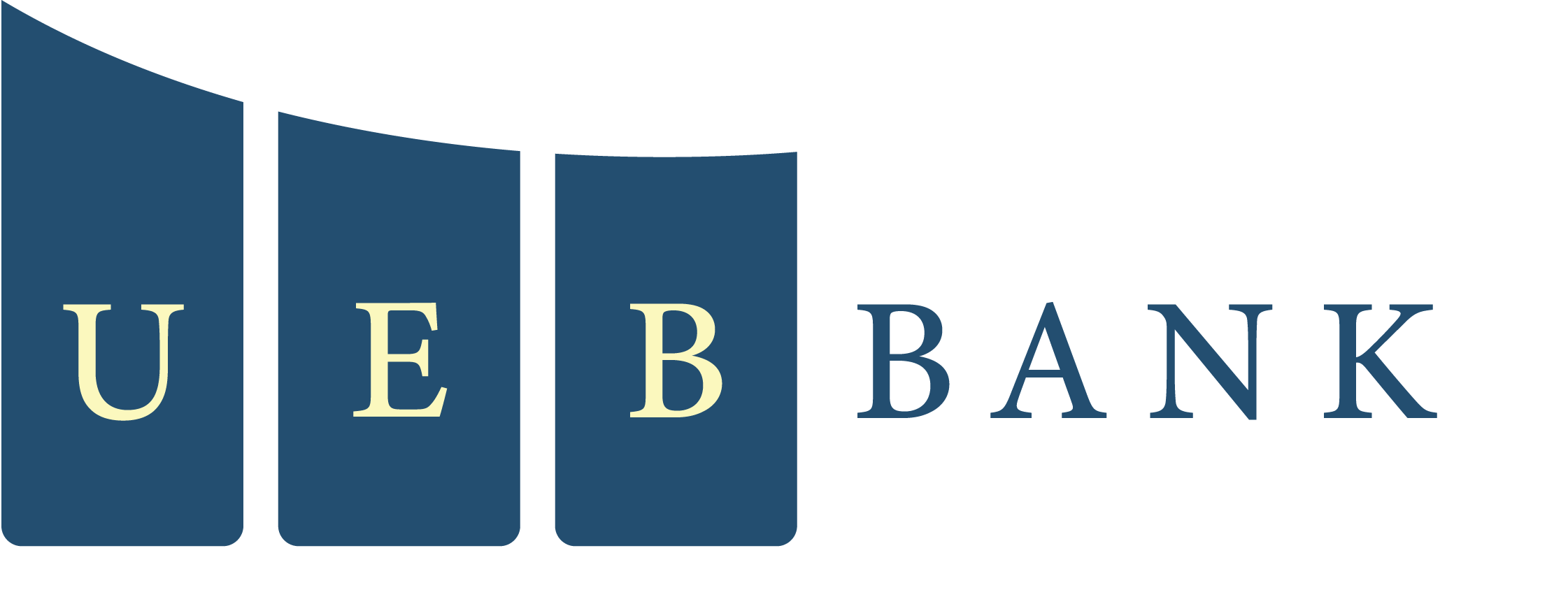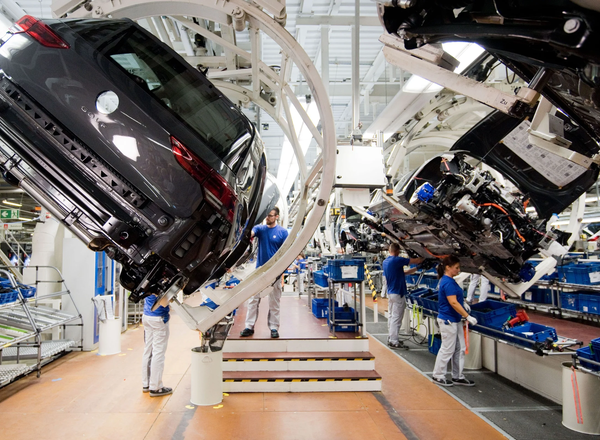Chancellor Merz is calling for a European stock exchange to
keep companies in Europe. However, national interests stand in the way of a
deeper capital market in the EU.
Frankfurt. BioNTech, Birkenstock, Klarna : Europe produces many successful
companies, but they often go public in the US. Friedrich Merz (CDU) wants to
change this and is calling for a common European stock exchange. Experts agree
with the Chancellor. However, major hurdles remain for implementing the idea,
not least due to individual national interests.
"Mr. Merz's proposal is the ideal path for Europe," says Marc
Tüngler, CEO of the investor protection association DSW. A central European
stock exchange, for which Frankfurt is a suitable location, would pool
liquidity. "However, this conflicts with national interests, as all
countries want their own stock exchange.
" The German Stock Exchange welcomed Merz's initiative. "With over
500 trading venues, the EU has not only created the most fragmented market but
also the most opaque, with only around 30 percent of stock trading taking place
on transparent exchanges," the DAX-listed company stated. Strengthening
capital markets is necessary to address important societal challenges, such as
corporate financing and pension provision.
On Thursday, Merz called in the Bundestag for better exploitation of the power
of the European single market. Companies need a sufficiently broad and deep
European capital market to be able to finance themselves better and more
quickly, he said ahead of next week's EU summit.
"We need a kind of European Stock Exchange so that successful companies
like Biontech from Germany don't have to go public on the New York Stock
Exchange," Merz said. SPD Vice Chancellor and Finance Minister Lars
Klingbeil offers his "full support." This is a sensible step toward
advancing the integration of European capital markets, he said on the sidelines
of the annual meetings of the International Monetary Fund (IMF) and the World
Bank in Washington.
Failed stock market mergers
The Mainz-based vaccine developer Biontech, which became known during the
Corona pandemic, went public on the American technology exchange Nasdaq in 2019.
This is no isolated case: Swedish payment service Klarna and sandal
manufacturer Birkenstock also opted for Wall Street for their IPOs. The US has
strong stock markets, large investors, and plenty of venture capital for young
companies, while the European financial market is fragmented. "The EU
capital markets are falling behind," the European Financial Markets
Association (AFME) warned months ago in Brussels.
There have already been successful attempts to merge stock exchanges in Europe.
This is how the Euronext stock exchange was created, which includes the stock
exchanges in Paris, Amsterdam, Brussels, Dublin, Lisbon, Milan and Oslo.
Deutsche Börse, on the other hand, repeatedly failed to merge with the London
Stock Exchange (LSE) years ago. It sees itself as "the largest
pan-European and global player," as it stated. "We are aware of our
special role and responsibility for the European capital markets and have
always thought European in the past. However, our scope for action has
repeatedly been limited by the framework conditions."
EU also has small investors in mind
Brussels has been wrangling for years over a common European capital market,
which is intended to eliminate bureaucratic hurdles between EU member states.
The EU wants more small investors to invest in the financial markets so that
more money is available for things like infrastructure, digitalization, and
environmental protection. Companies should be able to raise money more easily.
But implementation of the project is stalling.
A major point of contention so far has been centralized supervision of the
capital markets in the EU. France, for example, wants a stronger role for the
Paris-based European Securities and Markets Authority (ESMA). While Berlin has
so far been largely opposed to this, it now appears more open. Germany will
have to move toward the so-called Capital Markets Union just like other
countries, Klingbeil said in Washington.






